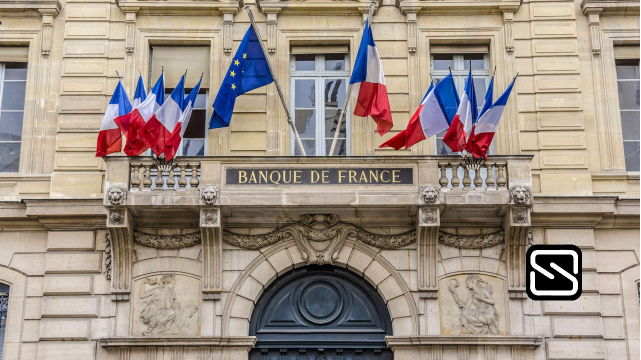Francois Villeroy de Galhau, Governor of the Banque de France, has pushed for more stringent regulatory requirements for cryptocurrency businesses. In response to the recent volatility in the sector, licensing must be implemented in place of the current registration, he insisted.
De Galhau also believes that Paris should take action now, before upcoming EU regulations come into force and require Digital Asset Service Providers (DASPs) to obtain licenses from the French government, according to Bloomberg.
The Autorité des Marchés Financiers (AMF), France’s financial markets regulator, has received registrations from about 60 cryptocurrency-related platforms, including major international players like Binance, the biggest cryptocurrency exchange.
There are currently no licensees among the digital asset service providers registered in France, and licenses remain optional. Speaking to representatives of the financial sector on Thursday, Villeroy de Galhau stated, “All the disorder in 2022 feeds a simple belief: it is desirable for France to move to an obligatory licensing of DASP as soon as possible, rather than just registration.”
Digital asset service providers which want to be granted a license are required by the AMF to comply with certain standards in terms of organization, available financial resources and business conduct, the report notes.
The governor’s proposal comes after last summer key EU institutions and member states reached an agreement on the new Markets in Crypto Assets (MiCA) legislation and achieved consensus on a set of new anti-money laundering rules for the industry.
The regulatory package is expected to enter into force in 2023 but businesses will have another 12 to 18 months to comply with it. Brussels also wants to oblige platforms processing crypto transactions for EU residents to report to tax authorities in the Union.
